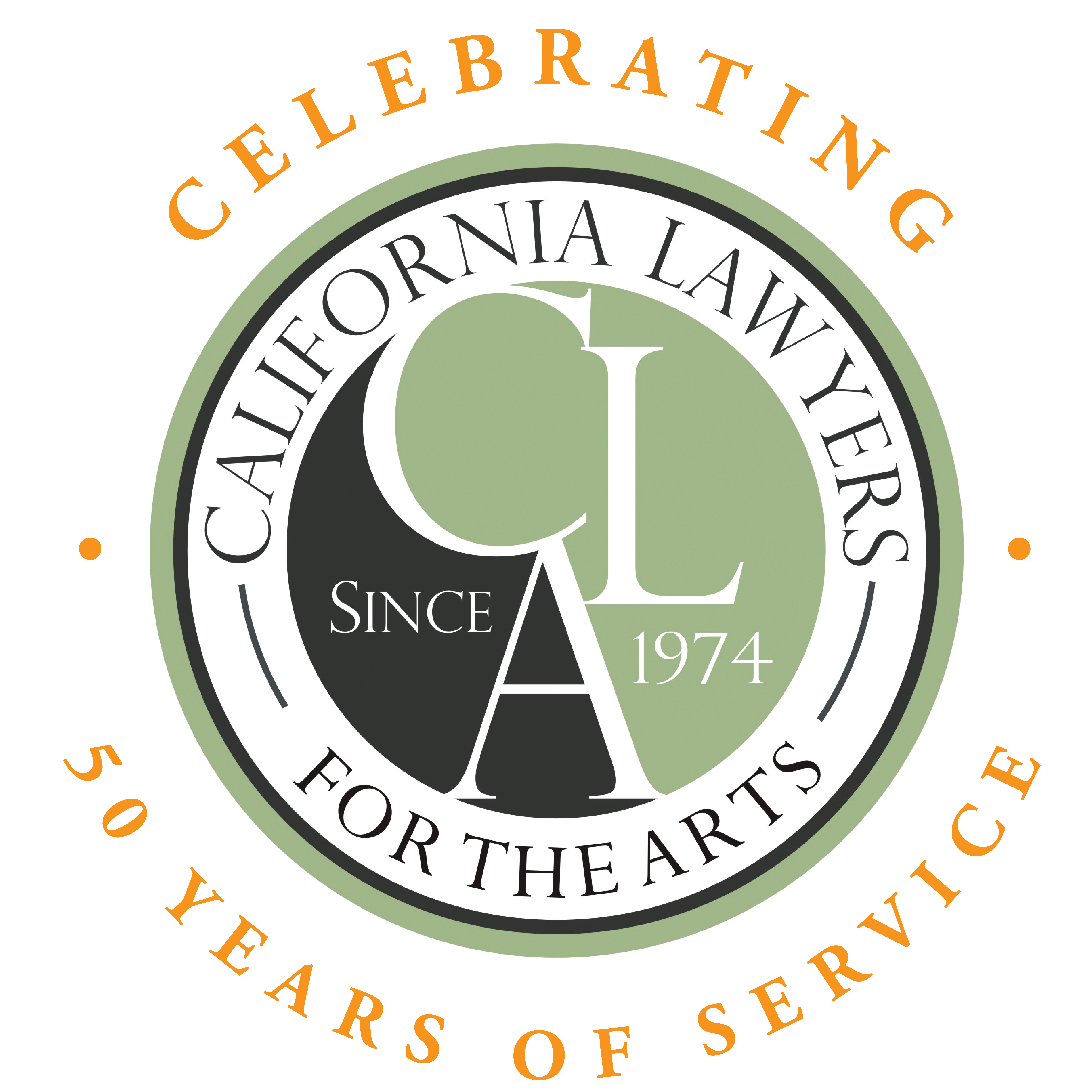Around California, redevelopment agencies are folding up, moving existing contracts to other city and county agencies, archiving their files and working out termination agreements with personnel. You might question the decision of the California Redevelopment Association and the League of California Cities to sue the state to try to reverse Governor Jerry Brown's decision to eliminate the state's allocation for redevelopment agencies in this year's budget. After all, an agreement between the legislature and the governor for a reduced allocation had been worked out, with more robust funding returning in later years. But the agencies pressed forward with their lawsuit. Late last year, the California Supreme Court unanimously ruled that the 60 year-old economic development program could be eliminated.
We often see this kind of result in the troubled land of the litigants. A settlement is proposed, but the stubborn claimant proceeds full steam ahead, eyes on the prize of a better damage award in court or in arbitration. In one case where we provided representation to a litigant in a dispute with a software company, the plaintiff refused a $300,000 settlement offer after trial, choosing instead to take his chances with an appeal. Before the appeal was concluded, the defending corporation went into bankruptcy, leaving the plaintiff with nothing.
This often occurs in alternative dispute resolution as well, when a party rejects a mediated compromise in order to pursue a better result through arbitration or litigation. Sometimes the award is disappointing, and, except for very narrow grounds, it cannot be appealed in court.
Randall Kiser, an attorney who is an expert in litigation decision analysis, has analyzed more than 11,000 attorney-client decisions in actual cases. He concluded that attorneys and clients are "not particularly accurate forecasters of trial results." His 2008 book,
Beyond Right and Wrong, describes the psychological and institutional factors that often impede sound decisions and provides suggestions for improving personal and group decisions.
When facing catastrophic losses, as the Redevelopment Association was in last year's state budget negotiations, parties often act recklessly, said Kiser in a brief telephone conversation, perhaps even "hydroplaning above reality." Neuroscience suggests that the perception of a loss or a gain actually activates different parts of the brain. When facing a gain, the client or attorney may be more analytical, using the pre-frontal cortex, where "
executive function" resides; whereas, when facing a loss, emotional responses rooted in the amygdala, such as fear, may dominate the decision process at the expense of rational analysis.
After discussing the redevelopment situation with him, I asked Kiser for some suggestions that people and businesses might incorporate to make better decisions. He offered two ideas from other researchers.
Citing
Gary Klein, he suggested doing a "pre-mortem" at the beginning of a project. Sit down with everyone involved to imagine a catastrophe at the end of the project and write down all the things that could go wrong. After alerting the players to all the potential hazards, they can implement steps to prevent them.
And this quote from futurist
Paul Saffo is worth pondering: "Good decision makers and forecasters have strong opinions
lightly held." After making a forecast, look for all the reasons you could be wrong, and then set out to disprove yourself.
The bottom line: wise counsel encourage their clients to take reasonable settlement offers, but clients sometimes refuse the advice. Compromise is often the better course, even if it means swallowing some outrage and giving up the chance for "ultimate justice." The risk of harm may be greater than the potential reward.
Alma Robinson, Executive Director
California Lawyers for the Arts

